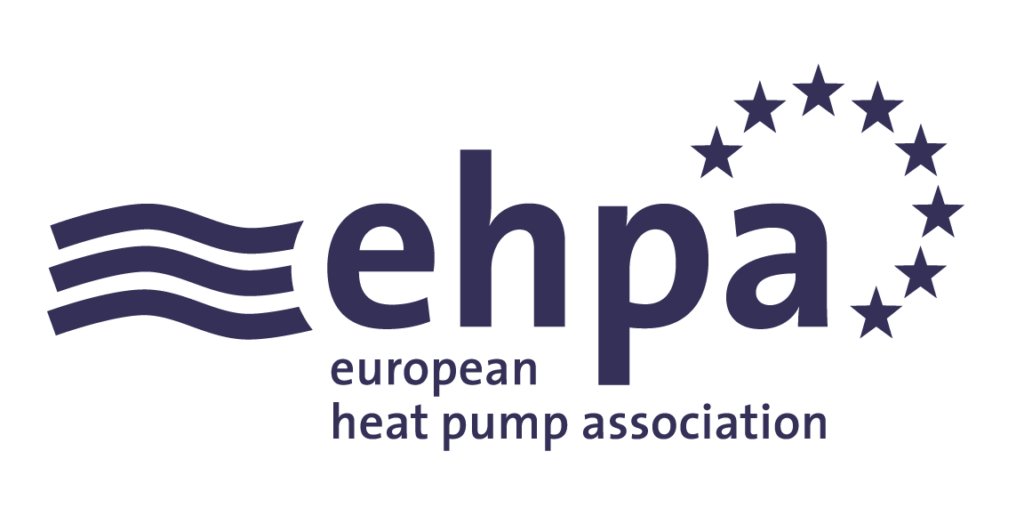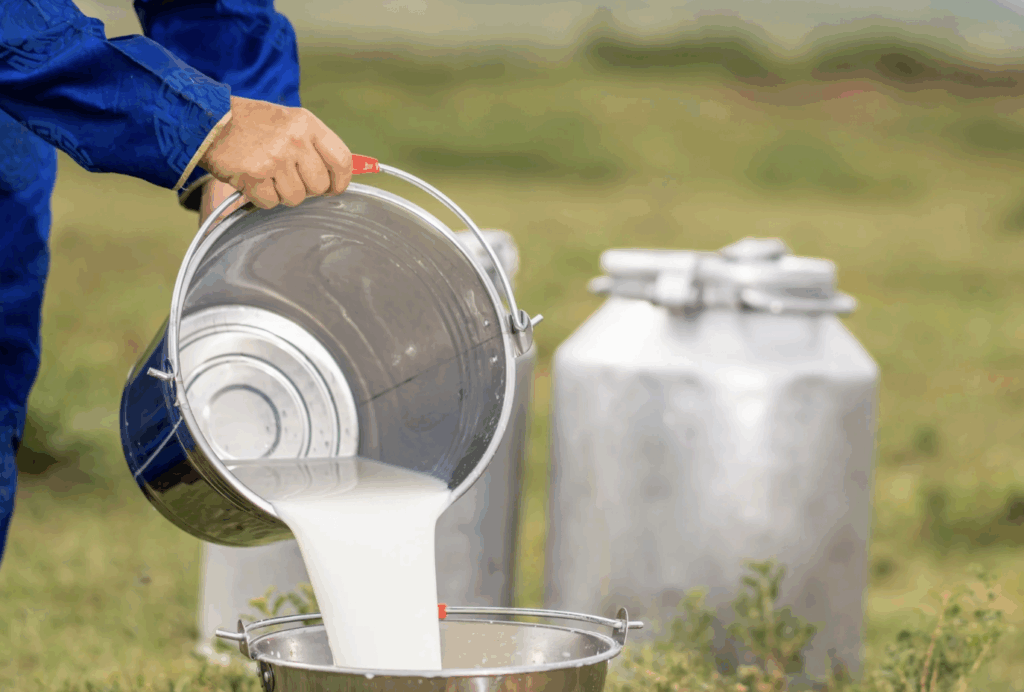Every litre of milk on its journey from the farm to your fridge is an opportunity to decarbonise a key European agri-food sector and save energy at the same time.
In fact, dairy plants can recover and reuse up to half of the energy they require for cooling – if the right technologies are in place.
That’s where heat pumps come in: they are suitable for a variety of processes within dairy production, from pasteurisation and sterilisation to evaporation, fermentation and storage.
And heat pumps can help turn waste heat into useful energy, making the entire production process cleaner and more efficient.
This was the focus of the recent workshop “Decarbonising the dairy sector: energy efficiency, heat pumps & biogas across the value chain”, held on 16 October 2025.
Organised by EHPA in collaboration with the Institute for European Energy and Climate Policy Foundation (IEECP) and International Institute of Refrigeration (IIR), the event brought together experts to discuss practical pathways for reducing emissions and improving efficiency across Europe’s dairy value chain.
Opening the session, EHPA’s EU Project Officer Paola Maio introduced the BETTED project, funded under the EU’s LIFE programme.
BETTED supports companies, especially SMEs, in the dairy supply chain as they adopt energy efficiency measures and renewable energy technologies. Through capacity-building activities, workshops and practical tools, the project helps businesses turn efficiency and decarbonisation goals into real investment decisions.
Damien Casetta from manufacturer Armstrong International explained how industrial heat pumps can recover low-grade waste heat and reinject it into the production process, reducing energy demand, emissions, and operational costs.
His presentation featured a case study from ice cream production, where a tailored heat pump system was more than twice as energy efficient as a traditional gas process heating system.
The workshop also explored complementary solutions. Ioannis Konstas from consultancy Q-Plan International introduced the ALFA project, which promotes biogas and biomethane production from livestock waste, turning emissions into renewable energy and circular value.
André Stumpf from the International Institute of Refrigeration highlighted opportunities to improve energy efficiency in the cold chain, including recovering heat from refrigeration systems to reduce energy waste.
To support companies in applying these solutions, Beatrice Marchi from the University of Brescia, in Italy, presented the BETTED Toolbox, a suite of seven practical, user-friendly spreadsheet documents designed to help dairy companies assess energy use, emissions, and costs, and evaluate technologies such as heat pumps and biogas available for free on the BETTED website.
With the right technologies, knowledge, and collaboration across the value chain, dairies can turn energy challenges into opportunities for growth and sustainability.



